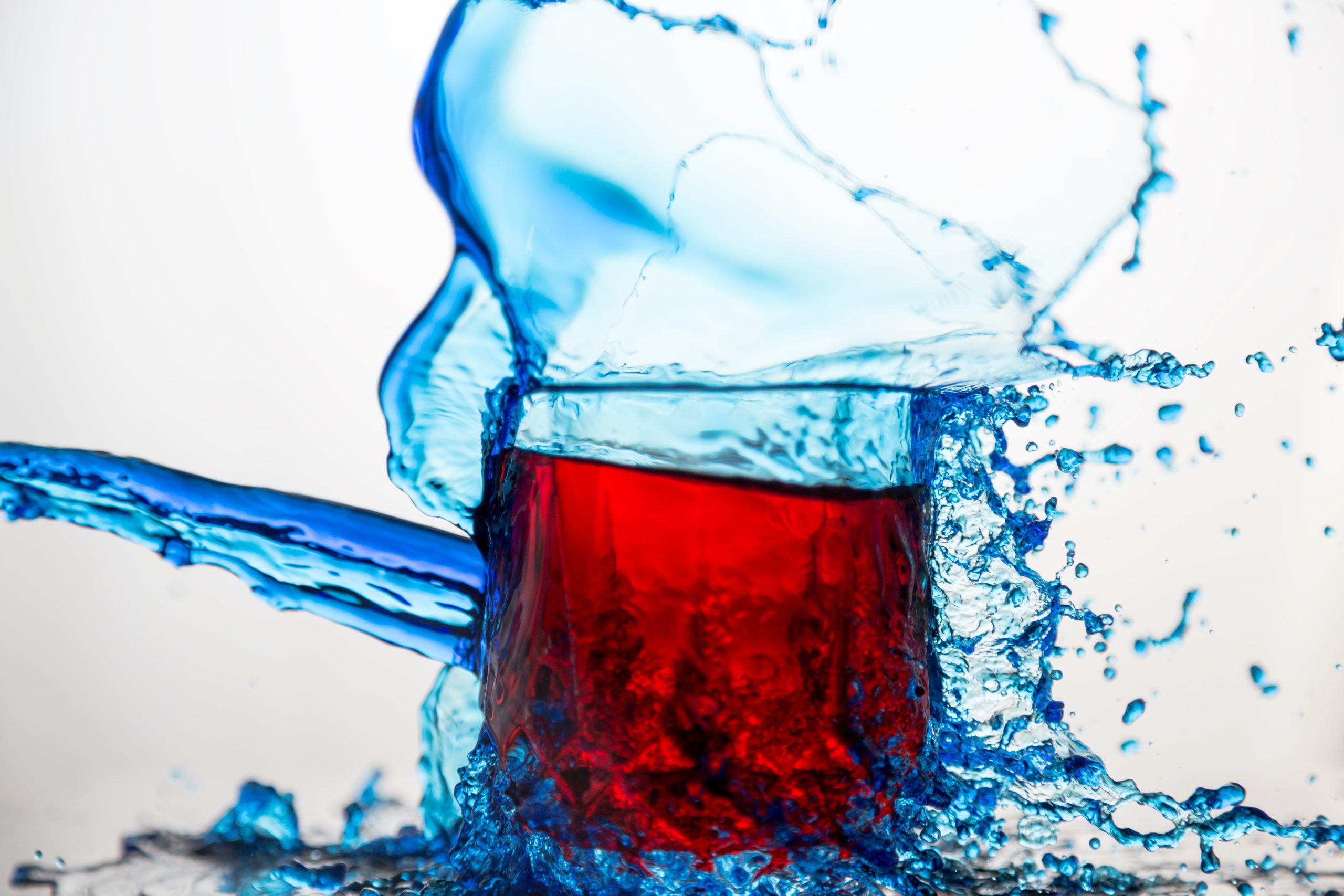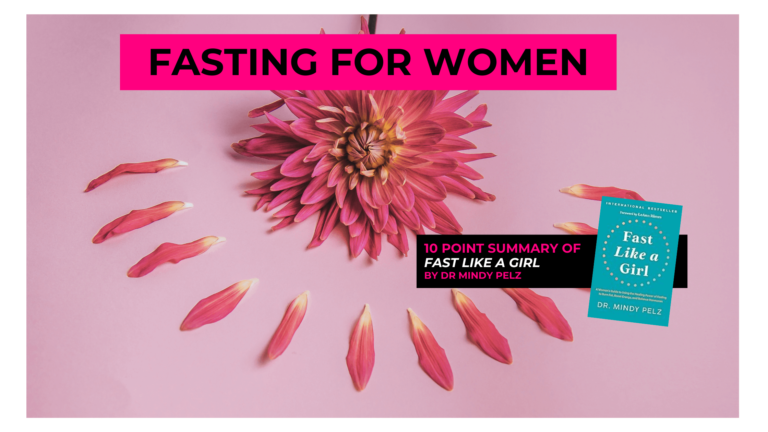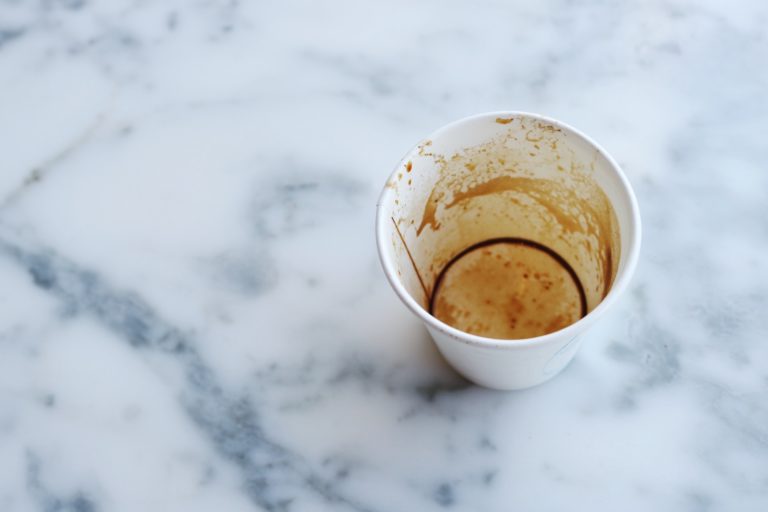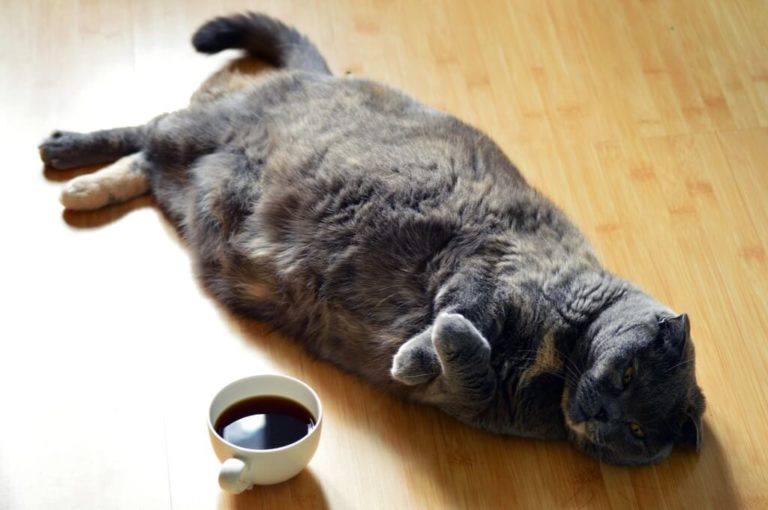DO DIET DRINKS AND SWEETENERS BREAK A FAST?
Does drinking diet drinks break a fast and most importantly, does it stall weight loss?
In this post I will present several studies, as well as opinions on this rather controversial topic within the fasting community and hopefully by the end of this you will be able to make up your own mind and have the answers you were looking for.
I will not be discussing health implications, I will only focus on diet drinks in regards to fasting and weight loss. I use the term diet soda/drinks in reference to artificially sweetened drinks with negligible calories of any kind, soda, water, energy drinks,..
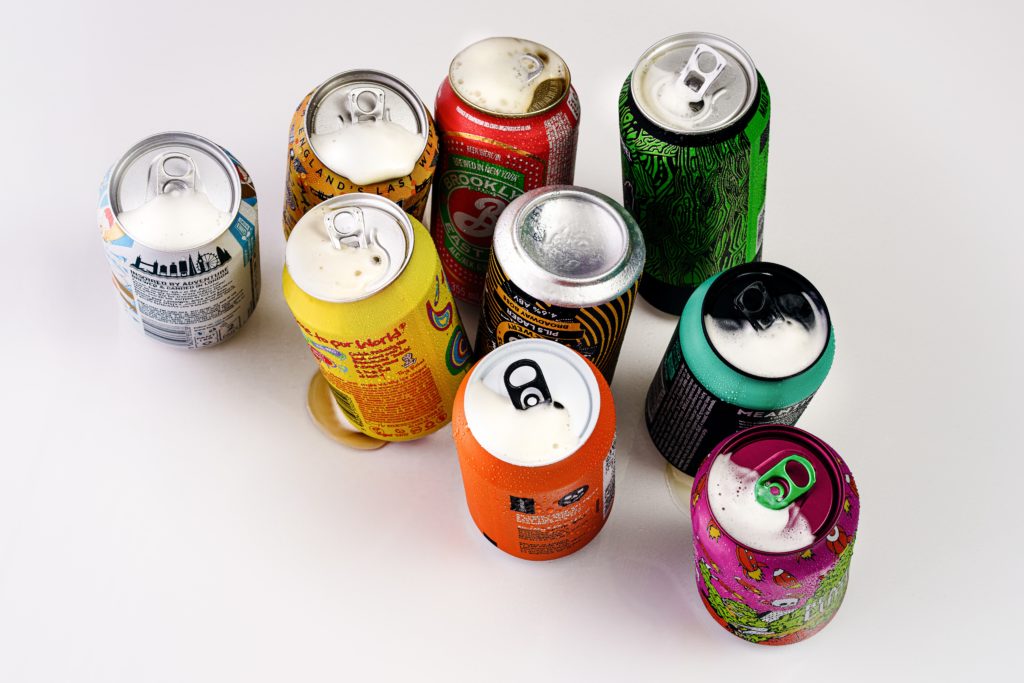
Firstly, let’s agree on what breaks a fast when fasting for weight loss specifically. It is calories and sugar from carbohydrates. Diet drinks contain neither of those. So, the logical conclusion would be that diet drinks do not break a fast. But here’s the catch. They taste sweet just like sugar which is why our bodies can get tricked and may respond to these sweeteners as if it were sugar. Artificially developing sweet taste without sugar is a kind of magic but also a problem. The word ‘artificial’ might have a lot to do with it.
SWEET TASTE
What exactly is the problem with artificial sweetness?
Simply put, when the brain detects sugar in our system, it sends out signals for insulin release. Sugar tastes sweet right? In other words, the brain needs to detect sweetness in order to release insulin. Artificial sweeteners also taste sweet despite being sugar free. Now you see how sweeteners can trick the brain into thinking sugar has entered the blood stream even though it hasn’t and thus prompt insulin release.
This response is referred to as CPIR (Cephalic Phase Insulin Release)
Why does it matter? The aim of fasting is to lower insulin so that we can burn fat. Insulin is a fat storing hormone. You can not burn fat in the presence of insulin. This is why sugar is a big no no when fasting. Artificial sweeteners contain no sugar but may still elicit the same insulin response as sugar because both taste sweet.
This response to sweeteners has been shown in the following studies;
STUDY 1
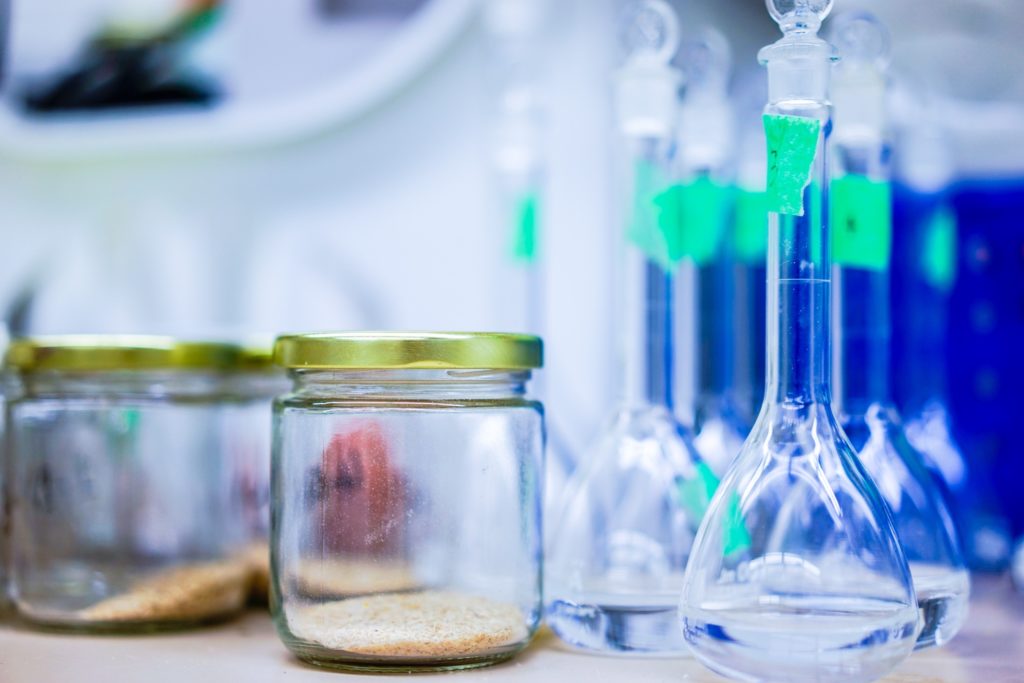
This study , looking at relationship between insulin release and taste, confirmed that saccharine sweetened drinks elicited CPIR. In other words, the sweet taste raised insulin even though there was no sugar in the blood. The study was conducted on rats, hence they decided to take it one step further and cut the nerves to taste receptors so that the brain couldn’t receive any sweet signals. When they did that, there was no response to the sweetener.
To simplify, when our brain “thinks” something tastes sweet it acts as if it was sugar even though it isn’t. If our brain or taste buds were taken out of the equation the body wouldn’t react to artificial sweeteners. This shows how much confusion sweeteners can cause in our body. This response is comparable to when you think of a lemon or see a lavish chocolate dessert and you start salivating.
Saying so, the aforementioned study was limited, conducted on rats and with only one sweetener, saccharine.
STUDY 2
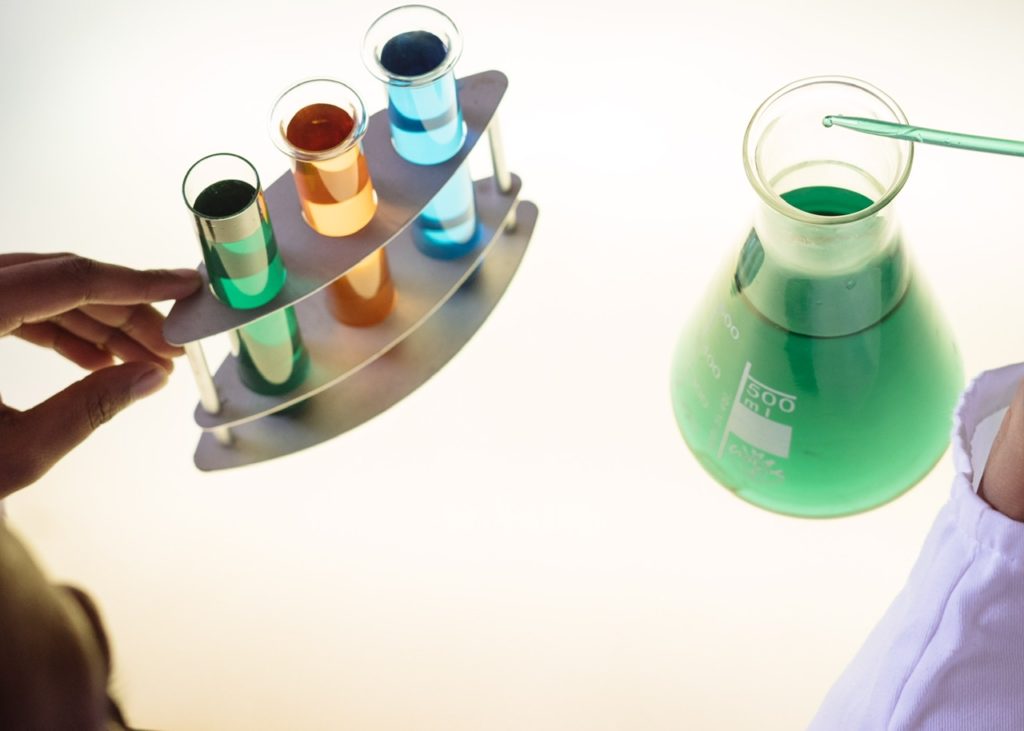
Another study, this time with human participants, also confirms CPIR. Participants, all of whom were in a fasted state, were asked to rinse their mouth with sucrose and saccharine solution without swallowing.
These were the results;
In conclusion, the current data suggest that the sweeteners sucrose and saccharin activate a CPIR even when applied to the oral cavity only.
In other words, the mere taste of sweetness in the mouth prompted the release of insulin. Are these findings conclusive? No. Not all sweeteners were tested and every person has a different insulin sensitivity.
Moving on to the burning question whether diet drinks help with weight loss or do the opposite and in fact cause weight gain?
WEIGHT LOSS
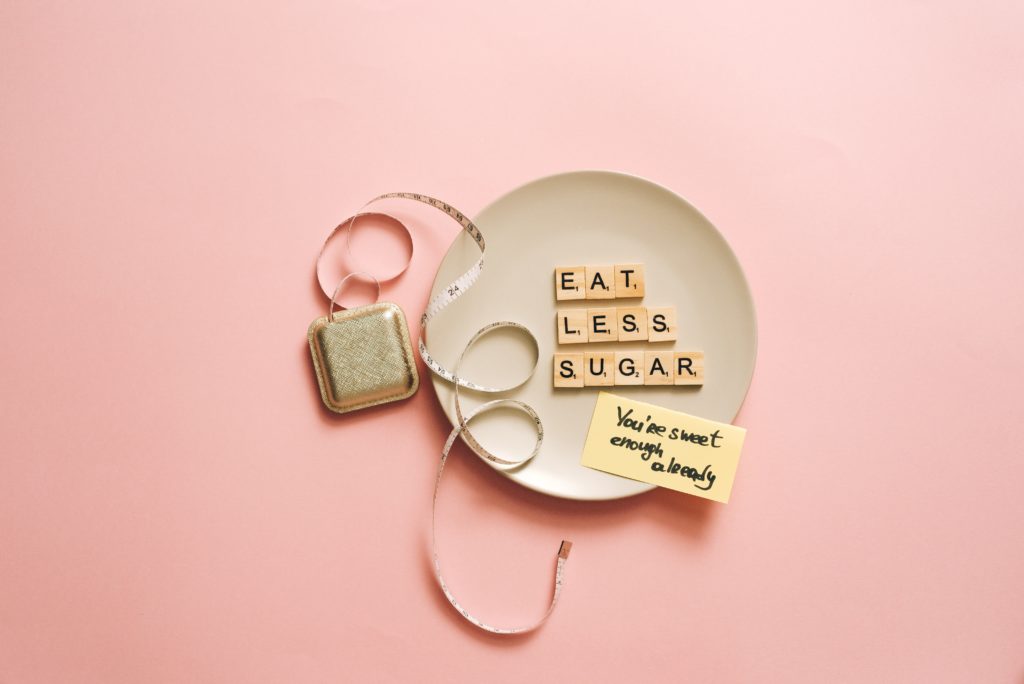
Firstly, no single food or drink will cause weight loss or weight gain. There is no such thing as weight loss foods. Weight loss is a result of accumulative habits resulting in caloric deficit and hormonal balance. Saying so, I came across several studies which show that drinking diet drinks can lead to weight loss based on a reduction of overall sugar intake in the diet. That’s if you’re actually replacing sugar drinks with artificially sweetened drinks.
Intrestingly, the American Diabetes Association and the American Heart Association in 2012 endorsed the use of diet drinks as a way of losing weight and improving health.
This review analysed 56 studies on artificial sweeteners and concluded that there was no significant difference among those using artificial sweeteners and those who didn’t, in other words there was no link between weight gain and intake of artificial sweeteners.
What blew my mind was this study, comparing the effects or water vs artificially sweetened drinks on weight loss over the course of 12 weeks.
The participants were divided into 2 groups; One group was instructed to drink 24 ounces of water daily and the second group was instructed to drink 24 ounces of artificially sweetened drinks daily.
The group drinking artificially sweetened drinks had lost more weight over the 12 week period. What’s more, the second group also reported
greater reductions in subjective feelings of hunger than those in the water group during 12 weeks.
I would translate the above as this; if you use artificially sweetened drinks as your “sweet treat” and reduce sugar as a result, you may in fact feel satisfied and lose weight as opposed to choosing sugar treats. Interestingly or unsurprisingly, the study was fully funded by the American Beverage Association.
WEIGHT GAIN
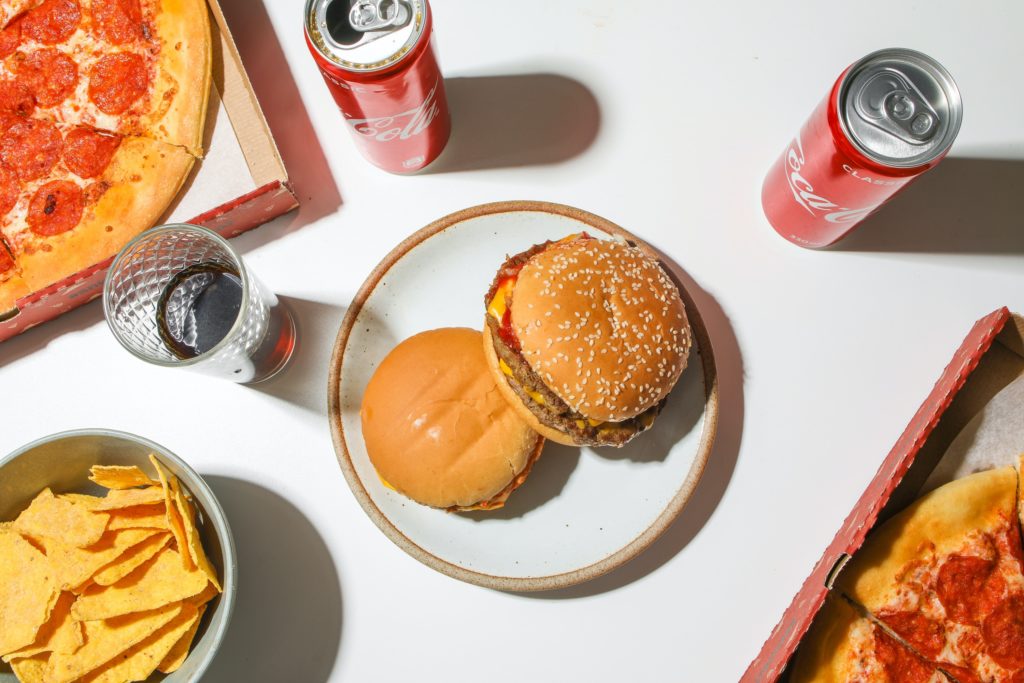
Same principle applies as above. Diet drinks in isolation will not make you gain weight. They contain negligible amount of calories and no sugar. They may however be responsible for increasing your appetite and cravings.
The ‘Introduction’ part in this STUDY presents many cases where artificial sweeteners were associated with appetite increase and subsequent weight gain in humans as well as in animals. What’s more interesting is that weight gain continued even after removing these from the diet.
Weight gain is not a direct outcome of drinking diet drinks but may happen over time as a side effect, so to speak. If your appetite increases and you end up eating more as a result of including diet drinks in your daily consumption.
MAY LEAD TO WEIGHT LOSS
if you use sweeteners to replace sugar in your diet
if you swap sugar sweetened soda for diet soda
if you do not compensate with unhealthy processed foods
if it doesn’t make you crave sugar and junk
if used as a “sweet treat”
MAY LEAD TO WEIGHT GAIN
if you confuse your brain and still want sugary foods
if you can’t control your cravings as a result
if you want to binge
if you want to eat more
if you’re drawn to processed foods
if you struggle to make healthier choices
DR JASON FUNG ON DIET SODA
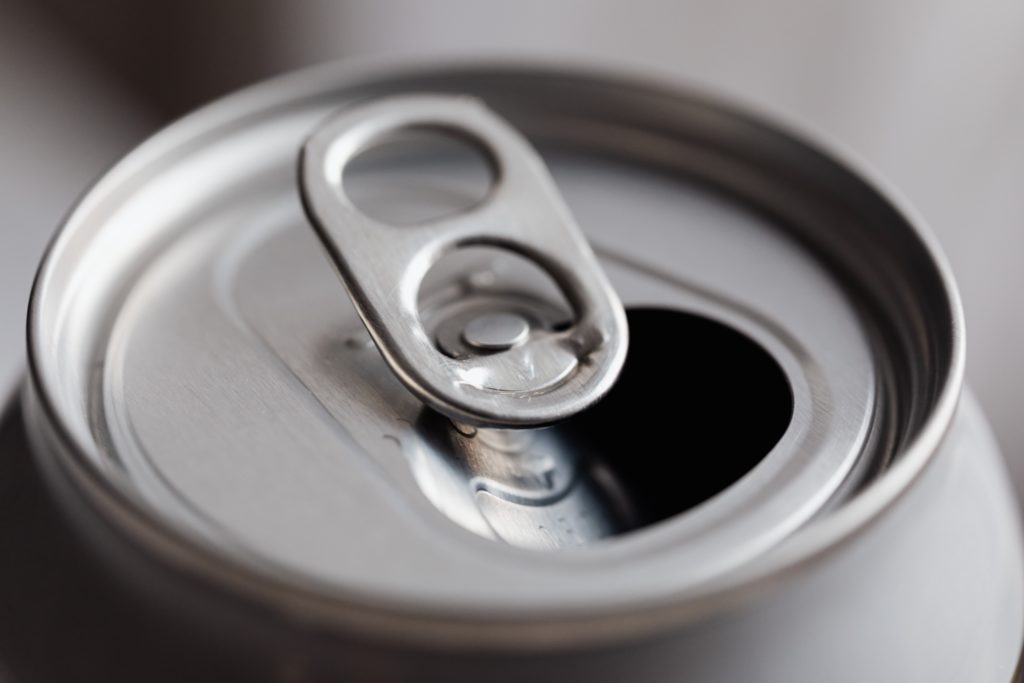
What does Dr FUNG think about this?
I came across a video where Dr Fung (forward to 6:57 min) addresses drinking diet soda during a fast. The answer may surprise you. To paraphrase; he says it may be perfectly fine for some people but the majority of people find it harder to fast when drinking soda because the sweet taste triggers their hunger. His final verdict leads to the familiar common sense conclusion; if you’re doing fine with soda carry on, if not, cut it out.
CONCLUSION
Does diet soda break a fast? Not on paper. Does diet soda impact insulin? In some people. Are diet drinks healthy? Obviously not. Should you drink them? Nope. Will they prevent weight loss? Not really. Will they cause weight loss? Could do, if you end up eating less sugar as a result. Will they make you gain weight? No, if your food intake is under control.Will drinking soda make you crave junk? Very likely. Will diet soda make you want to overeat? Possibly. Can you lose weight drinking diet soda when fasting? Yes you can. Would you benefit more from fasting without diet soda? Undoubtedly. Can you support your answers with studies? Yes, any view, no matter how conflicting, has a study to support it. How come? Bias, funding, animals vs humans, types of sweeteners, types of people… So, should you give up drinking diet soda? You decide.
Sometimes trusting your instincts carries more merit than trusting the science.
SOURCES:
BOOKS:
The Complete Guide to Fasting, 2016 by Jason Fung MD with Jimmy Moore
Delay Don’t Deny, 2018 by Gin Stephens
STUDIES:
De La Hunty, A., Gibson, S. and Ashwell, M. (2006), A review of the effectiveness of aspartame in helping with weight control. Nutrition Bulletin, 31: 115-128. https://doi.org/10.1111/j.1467-3010.2006.00564.x
Just T, Pau HW, Engel U, Hummel T. Cephalic phase insulin release in healthy humans after taste stimulation? Appetite. 2008 Nov;51(3):622-7. doi: 10.1016/j.appet.2008.04.271. Epub 2008 May 10. PMID: 18556090.
Nonnutritive Sweeteners: Current Use and Health Perspectives Christopher Gardner, PhD, Chair , Judith Wylie-Rosett, EdD, RD, Co-Chair , Samuel S. Gidding, MD, FAHA , Lyn M. Steffen, PhD, MPH, RD, FAHA , Rachel K. Johnson, PhD, MPH, RD , Diane Reader, RD, CDE , and Alice H. Lichtenstein, DSc, FAHA on behalf of the American Heart Association Nutrition Committee of the Council on Nutrition, Physical Activity and Metabolism, Council on Arteriosclerosis, Thrombosis and Vascular Biology, Council on Cardiovascular Disease in the Young, and the American Diabetes Association
Peters, J.C., Wyatt, H.R., Foster, G.D., Pan, Z., Wojtanowski, A.C., Vander Veur, S.S., Herring, S.J., Brill, C. and Hill, J.O. (2014), The effects of water and non‐nutritive sweetened beverages on weight loss during a 12‐week weight loss treatment program. Obesity, 22: 1415-1421. https://doi.org/10.1002/oby.20737
Toews Ingrid, Lohner Szimonetta, Küllenberg de Gaudry Daniela, Sommer Harriet, Meerpohl Joerg J. Association between intake of non-sugar sweeteners and health outcomes: systematic review and meta-analyses of randomised and non-randomised controlled trials and observational studies BMJ 2019; 364 :k4718
Tonosaki K, Hori Y, Shimizu Y, Tonosaki K..Relationships between insulin release and taste. Biomed Res. 2007 Apr;28(2):79-83. doi: 10.2220/biomedres.28.79. PMID: 17510492.

